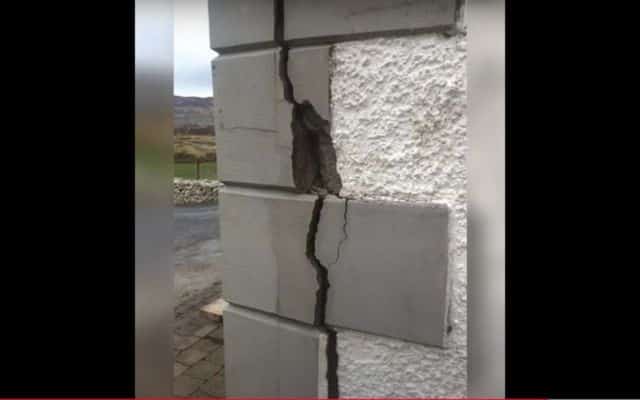Plan to upgrade 30 per cent of housing stock falling “way, way short” of yearly targets, the Oireachtas Climate Committee heard.
In this article we cover:
- Government plans to upgrade the energy efficiency of the housing stock
- Delays in processing grant applications for energy upgrades
- Difficulties in delivering the grants
The ROI government’s plan to upgrade 500,000 homes by 2030 is being hindered by supply constraints, inflation and availability of tradesmen, the government body in charge of delivering the retrofit grants told the Oireachtas Climate Committee.
Grants are available for free for those on some social protection payments.
Sustainable Energy Authority of Ireland (SEAI) director of research Margie McCarthy said there was demand from homeowners but that there were constraints on delivery.
“While anecdotal information suggests that the material supply chain constraints experienced immediately post Covid-19 have eased in recent months, many suppliers are reporting difficulties in securing appropriate labour supply,” she said. Inflation and supply chain constraints in terms of labour and materials were other culprits.
People Before Profit TD Bríd Smith said the figures to date showed the national plan was “falling way, way short” of its retrofit targets, with up to 70,000 per year needed to hit the target of 500,000 retrofits to a B2 equivalent by 2030.
The SEAI received around 36,000 across all home energy grant schemes, with around 28,800 homes being retrofitted. However the Warmer Homes Scheme, which is the free energy upgrade targeting elderly people and the fuel poor, has a two year waiting list. Over 3,200 homes have been delivered under that scheme to date in 2022.
The other two schemes are the individual measures grants which fund insulation, heat pump and solar panels, and the one-stop shop grant, which offers more grant money to upgrade the entire home to a B2 energy rating including funding for window upgrades.
Homeowners are given eight months to complete works once approved, but delivery constraints make that timeframe challenging.











